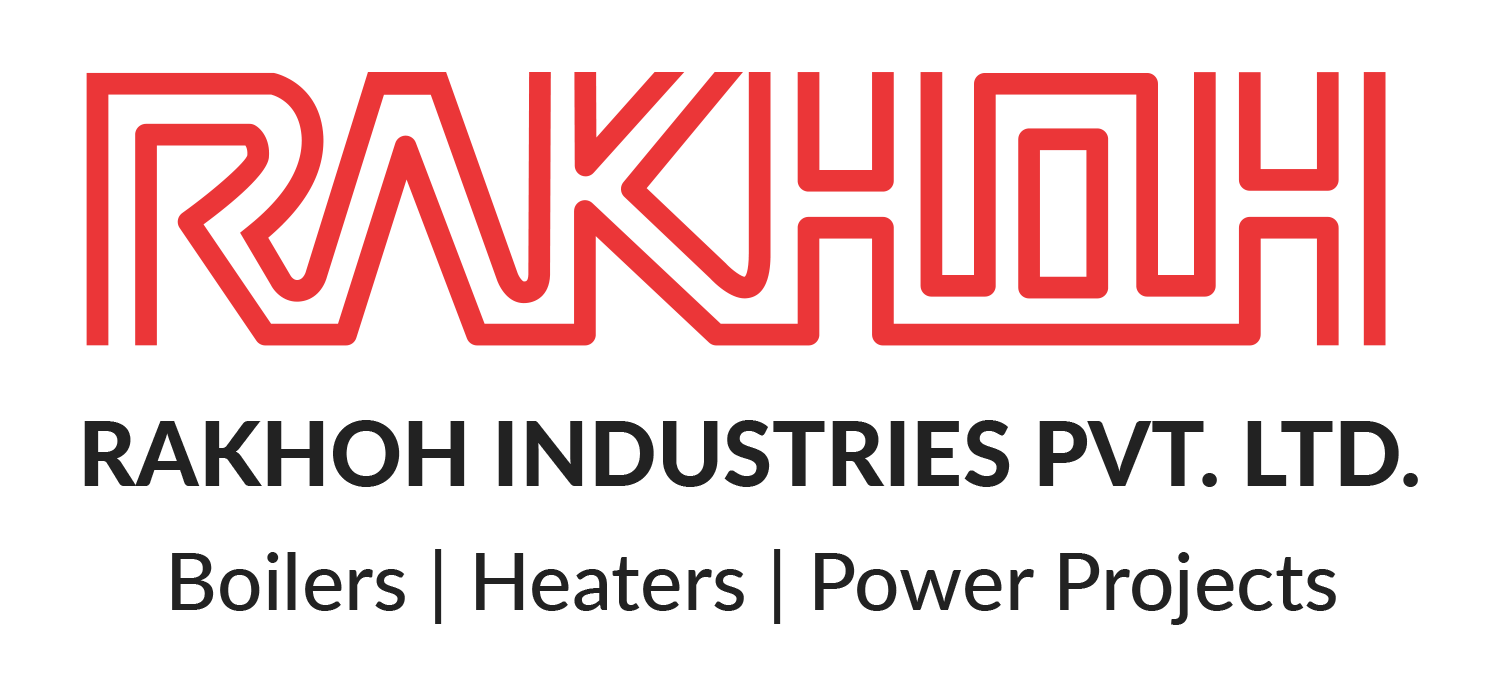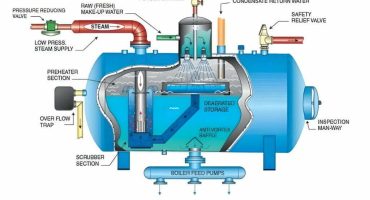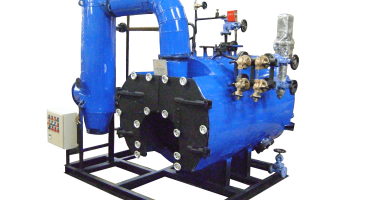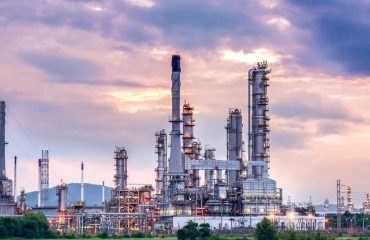Steam boilers are unarguably an important asset in various manufacturing and processing industries. Boiler maintenance is essential to assure optimal efficiency and performance of the steam boiler system. Steam boilers burn fuel to generate steam by transferring the heat to water. With various advancements, an extensive variety of steam boilers are available, depending on the industrial requirement, fuel availability, area, etc. Regular maintenance of steam boilers is crucial to prevent boiler failures or other mishaps that may cause harm to the process plant and the operating team due to negligence.
Common Issues in Steam Boiler due to Lack of Maintenance:
Boiler Failures:
Boiler failures are generally caused by low water levels, fuel explosion, or poor feedwater quality. It may result in threatening the safety of the process plant and operating personnel.
Fuel Explosions:
One of the most hazardous effects of boiler maintenance negligence is fuel explosion. Fuel explosions can be prevented, with proper operating techniques and timely maintenance.
Low Water Level:
The boiler temperature rises tremendously after combustion, and water is an essential factor that contributes to withstand it. Low water levels can lead to the damaging or melting of steel tubes during the extremely high temperature of the boiler. Modular designed steam boilers install low-water trip switches to monitor the water level. However, even low-water trips cannot entirely ensure optimal water levels because the water in the steam boiler is an unstable mixture of water and steam bubbles. The water level varies with the shrinking and swelling due to pressure changes, firing rate changes, and while adding cold feedwater.
Feedwater Quality:
Feedwater treatment eliminates two factors that cause problems in steam boilers, i.e., solid deposition on the waterside and corrosion. The water in the boiler is vaporized to steam and deposits solid in the form of scale or buildup in the heat transfer area. Scale buildup results in producing an insulating layer that hinders the ability of water to absorb heat from the tube surface. If overlooked for long, it results in localized overheating of the tube and eventually, boiler failure.
Additionally, low water levels or poor water quality may lead to a steam explosion occurring because of overheated parts’ sudden failure under high pressure. A steam explosion can result in ambient conditions of extreme heat and reduce the oxygen level below the survivable limit.
Maintaining boiler feedwater quality prevents deposit formation. High operating pressure and temperature in the steam boiler require stringent feedwater quality. Turbines and superheaters or with higher temperatures require complex feedwater treatment such as osmosis or demineralizer systems.
Feedwater contaminates include oxygen, oil, excess chemicals used in water treatment, various metals, and chemical compounds. Low feedwater quality and the resulting corrosion can cause damage steadily or sudden mishap. The presence of either acid or caustic in boilers can lead to damaging consequences. These chemicals are introduced in boilers due to malfunction, boiler failure, poor water treatment, poor training, and operation.
Regular and efficient boiler maintenance can significantly reduce the possibility of any damage in steam boilers. Additionally, proper monitoring of feedwater quality can alert the operating personnel of any forthcoming dangers thereby, ensuring their safety.
Improper Blowdown:
Efficient blowdown practices are crucial in maintaining high-quality boiler water. Proper continuous blowdown and regular intermittent blowdown reduce the concentration of undesired solids in the steam boiler. The objective of blowdown practice is to maintain the solid concentration in boiler water within acceptable limits.
The blowdown rate depends on various factors such as total dissolved solids, silica, suspended solids, and alkalinity. Boiler water exceeding the determined limits may result in scale and sludge formation, moisture carryover due to foaming, corrosion, and poor performance of steam drum separation. Intermittent blowdowns are ideally performed for immediately reducing the solid concentrations in the boiler water.
Blowdown practices must take place with precision and care. Poor blowdown practices may lead to failure in regular blowdown of the boiler water columns to ensure proper operation of the low-water trip devices.
Factors to Inspect in Boiler Maintenance:
Negligence of boiler maintenance has far-reaching consequences that can cause tremendous harm to the property and person of the manufacturing unit. Here are some of the vital factors that must be checked thoroughly during boiler maintenance.
Regular inspection of safety equipment such as safety valves, gas/fuel train valves, etc., is the first protection against major boiler failure. Although they are checked during annual maintenance, it is advisable to regularly assess their performance to prevent any problems due to pressure vessels.
Assessing the boiler operating pressure and temperature as well as stack temperature is necessary to maintain the boiler efficiency. Boiler exhaust temperature higher than 50°-100°F above the steam temperature requires checking of boiler internals to prevent any scale formation that would reduce the heat transfer rate and cause boiler tube failures.
Inspecting feedwater pressure and temperature lets the operator know about any changes in the proper feedwater system operation. When the pressure or temperature exceeds the expected range, it hinders the feedwater from entering the boiler, causing thermal shock. Depending on the operating pressure and temperature, a crack in the feedwater coupling and boiler shell leads to the emission of harmful fluids and vapors. It endangers the health and safety of the operating team.
Checking the flame through the sight glass is necessary to ensure proper combustion. Poor combustion results in boiler system failure or boiler explosion.
Evaluating the feedwater treatment prevents boiler inefficiencies, improper operation, damaged conditions, and boiler failures. Negligence in maintaining the feedwater quality leads to overheating of boiler tubes and corrosion of the boiler metal.
Rakhoh Boilers has emerged as a leading steam boiler manufacturer since its inception in 1983. We have provided efficient boilers to over 26 countries worldwide, along with the best boiler services like annual boiler maintenance, energy audit, steam trap assessment, boiler automation, etc.
To know more about our products and services, visit www.rakhoh.com








